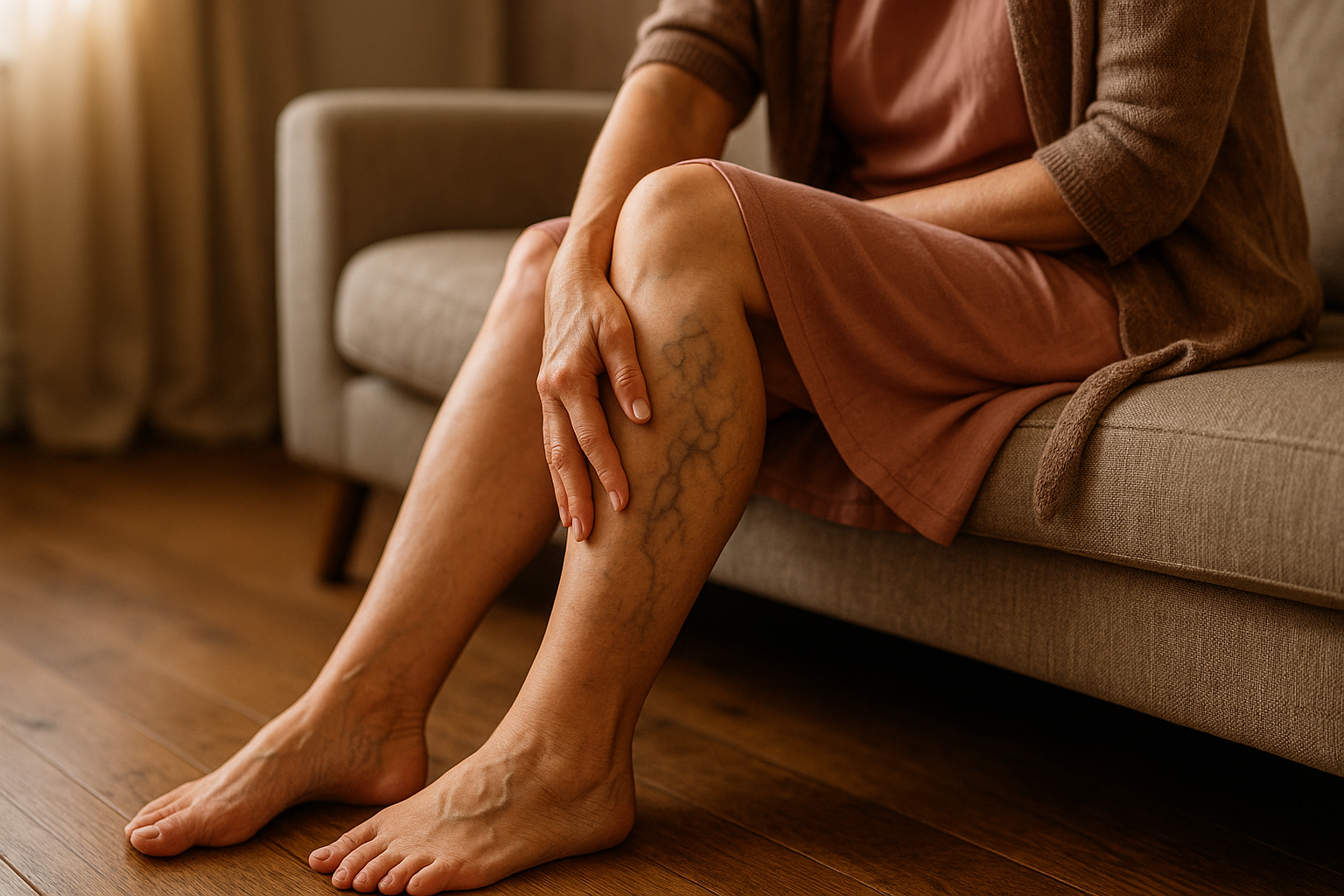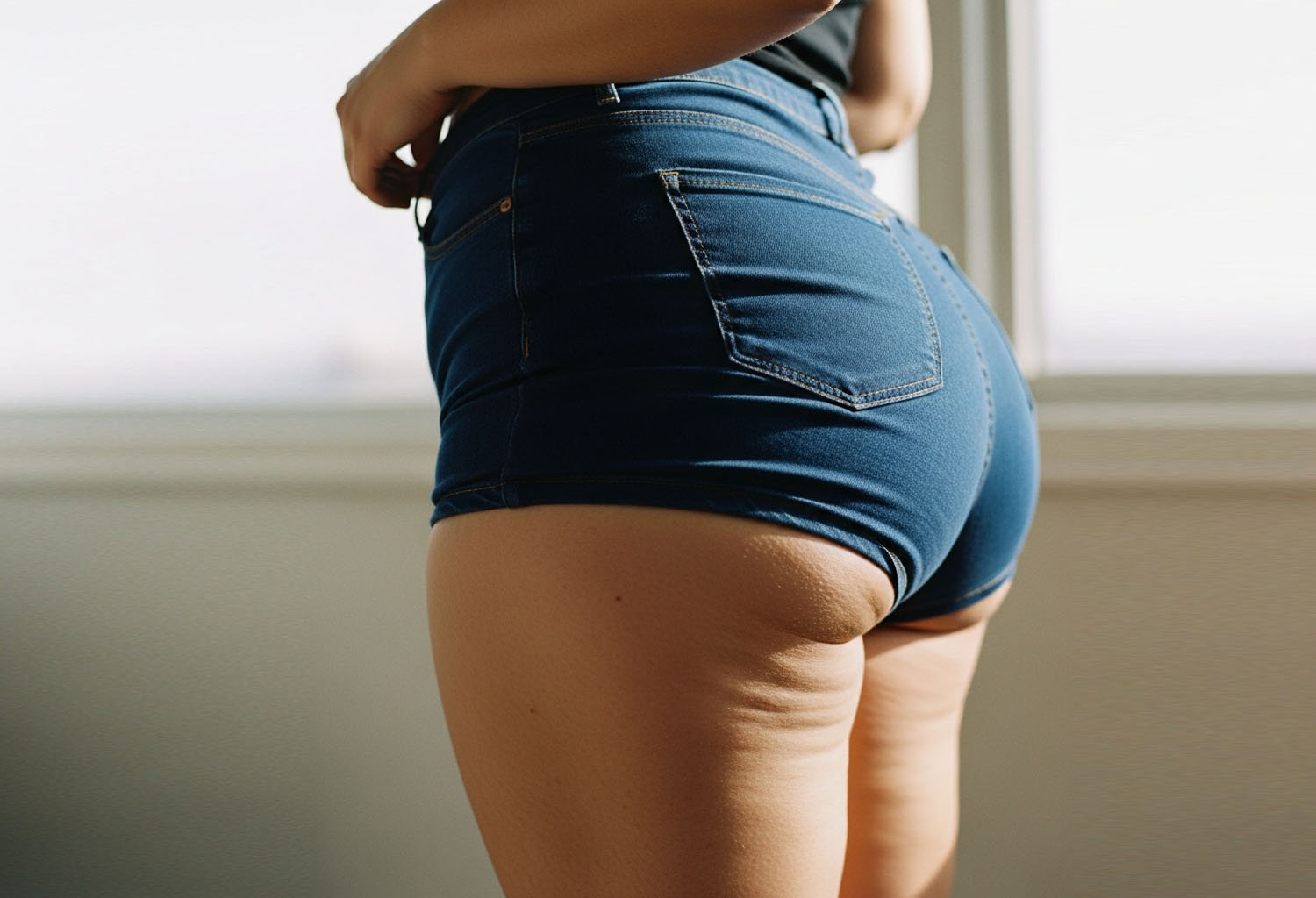
According to legend, the Ethiopian shepherd Kaldi invented coffee. This enjoys unbroken popularity. In 2020, the per capita consumption of coffee in Germany has risen to 168 litres, nine out of ten Germans drink the caffeinated hot beverage. The problem: coffee in large quantities can have an impact on bone health. Fortunately, there are natural alternatives to excessive coffee consumption.
Do you know the shepherd Kaldi? No? Then please read on carefully now. Because according to legend, you have this shepherd to thank for the fact that - if you are one of the 90 percent of coffee drinkers in Germany - you can get going in the morning with a cup of coffee or have a pleasant chat over a coffee in the afternoon. The shepherd Kaldi lived in the mountain forests of Abyssinia, now Ethiopia. Every evening, Kaldi called his goats back to the village. One evening, however, this did not work because the goats had gathered under some bushes with green leaves and red fruits and were eating from them. The next day, the animals were so excited that Kaldi also tasted of the fruits, whereupon he got the feeling that he would not get tired anymore. The story spread like wildfire, so that the inhabitants of the region began to brew a kind of tea from the leaves and the fruit. They christened the drink "Qahwa", which has gone down in the world as coffee.
You don't believe the story? Of course you don't have to. The legend of the goats and the young shepherd is nevertheless a nice one. Despite everything, the story goes far back into the past. Coffee was first mentioned in writing in the tenth century by the Arab physician Rhazes. Later, when coffee passed through the Arab world to the Ottoman Empire and later to Istanbul, the preparation was already more in line with today's form. The raw, dry seeds (because, strictly speaking, they are not beans) were roasted, finely ground and boiled several times in water. The first coffee houses opened in Istanbul in the 16th century, according to the "coffee circle" platform.
Germans are drinking more and more coffee
Coffee continues to enjoy unbroken popularity. According to the German Coffee Association: "Home office and lockdown led to an increase in coffee consumption at home in 2020. This contrasts with a decline in the area of out-of-home consumption of coffee. Overall, the positive growth trend of the past years continued: the total coffee market increased by 1.5 percent in 2020. This corresponds to 20 more cups of coffee drunk per capita in Germany in 2020." In 2020, the per capita consumption of coffee had risen to 168 litres. Those who were at home a lot in 2020 drank more coffee there and often also invested in home coffee preparation: In the meantime, almost every third household owns a fully automatic coffee machine. Especially "whole beans", which are primarily used in fully automatic coffee machines for fresh and portioned preparation at the touch of a button, had increased significantly in 2020. Their sales have increased by 26 percent and currently have a market share of 37 percent.
Too much coffee can lead to osteoporosis
The problem: As pleasant as the smell, taste and effect of coffee may be, as much as coffee is part of the daily ritual and lifestyle - coffee drinkers should also be careful not to overdo it. For the first time, Australian researchers have conducted a study to determine how coffee in large quantities affects bone health. Apparently, there is an increased excretion of the essential nutrient calcium - which increases the risk of osteoporosis in the long term. This is reported by the portal "Fitbook". Those who consume more than 800 milligrams of caffeine daily - the equivalent of about eight cups of coffee - risk this massive calcium deficiency.
For the double-blind clinical study, healthy adults chewed a caffeine or placebo gum for five minutes at two-hour intervals over a six-hour treatment period. The caffeine group was subsequently found to have an increased calcium loss of 77 per cent in the urine. This could have a negative effect on the bones in the long run, they say.
Calcium is an essential nutrient and the most important nutrient in the body in terms of quantity, which ensures strong bones and healthy teeth. Calcium deficiency can lead to osteoporosis (bone loss). "In affected people, the bone substance gradually breaks down. This makes them more unstable and brittle. In Germany, an estimated 800,000 people contract the painful disease every year," explains "Fitbook".
CBD chewing gums with a strong invigorating effect
The good thing is that those who do not want to do without invigorating substances for their wakefulness and alertness can easily replace excessive coffee consumption and thus do something good for their health. For example, with the CBD Chewing Gums from Natura Vitalis. The substance CBD from the cannabis plant has an amazingly positive effect on overall health. As early as 1987, Professor Allyn Howlett of Saint Louis University in Missouri proved that the so-called cannabinoids contained in CBD act via the body's own receptors. Cannabinoid receptors 1 and 2 are located in the central nervous system and the nervous system of the intestine as well as on cells of the human defence system and those that regulate bone metabolism. It would be beyond the scope of this article to list all the special effects of CBD.
CBD Chewing Gums contain, among other things, an emulsifier called lecithin. Lecithin is a healthy fat that causes the CBD to be broken down directly in the saliva, thus increasing the absorption of CBD in the body. This has been proven by various studies. For example, one study showed that CBD chewing gum increases general alertness by ten percent. This is an interesting finding for those who want to increase their mental clarity and concentration. You can send on pots of coffee and just chew your way awake and powerful through CBD Chewing Gums!
This text may contain translation errors as the translation was done by an online translation tool.










